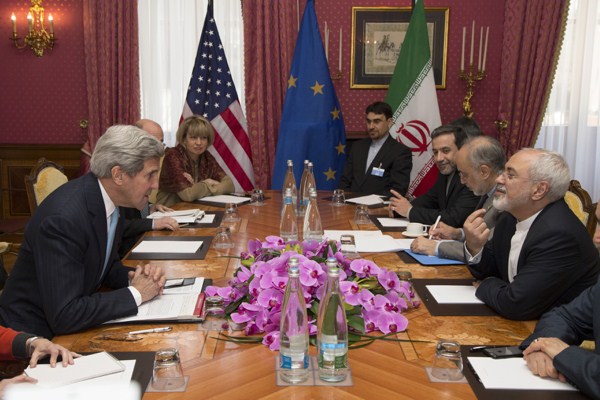As the negotiations over Iran’s nuclear program careen toward the finish line, tensions between U.S President Barack Obama’s administration and Israel remain high. The inability of the United States and Israel to reconcile their positions is not, as some critics contend, the result of Obama’s wavering commitment to Israel’s defense, but of two enduring and deep peculiarities of U.S. strategy: first, its expansiveness, and second, America’s uniquely idealistic strategic culture. These shape not only U.S. cooperation with Israel but also U.S. security partnerships around the world.
Unlike Israel, the U.S. has far-ranging, interconnected global concerns. How the U.S. deals with Iran reverberates outside the Middle East. Done badly, the U.S. approach to Iran might advance Israel’s security while degrading American interests elsewhere in the world.
The use of military force to slow down Iran’s nuclear program is a perfect example. No American leader would want Iran to deploy nuclear weapons or even have a nuclear breakout capability. But a sustained military operation to delay Iran’s nuclear program would pull U.S. military resources away from other regions, diminishing Washington’s ability to reassure Pacific nations facing Chinese military assertiveness or Eurasian nations that may be targets of Russian aggression. It would also erode cooperation between Washington and its partners to counter violent transnational networks, particularly in Islamic nations, regardless of how hostile they might be to Iran’s regional ambitions. America’s Middle Eastern allies that are most sensitive to public opinion would find it especially difficult to continue cooperation with the U.S. after an attack on Iran, given the civilian casualties such an attack would certainly cause.

